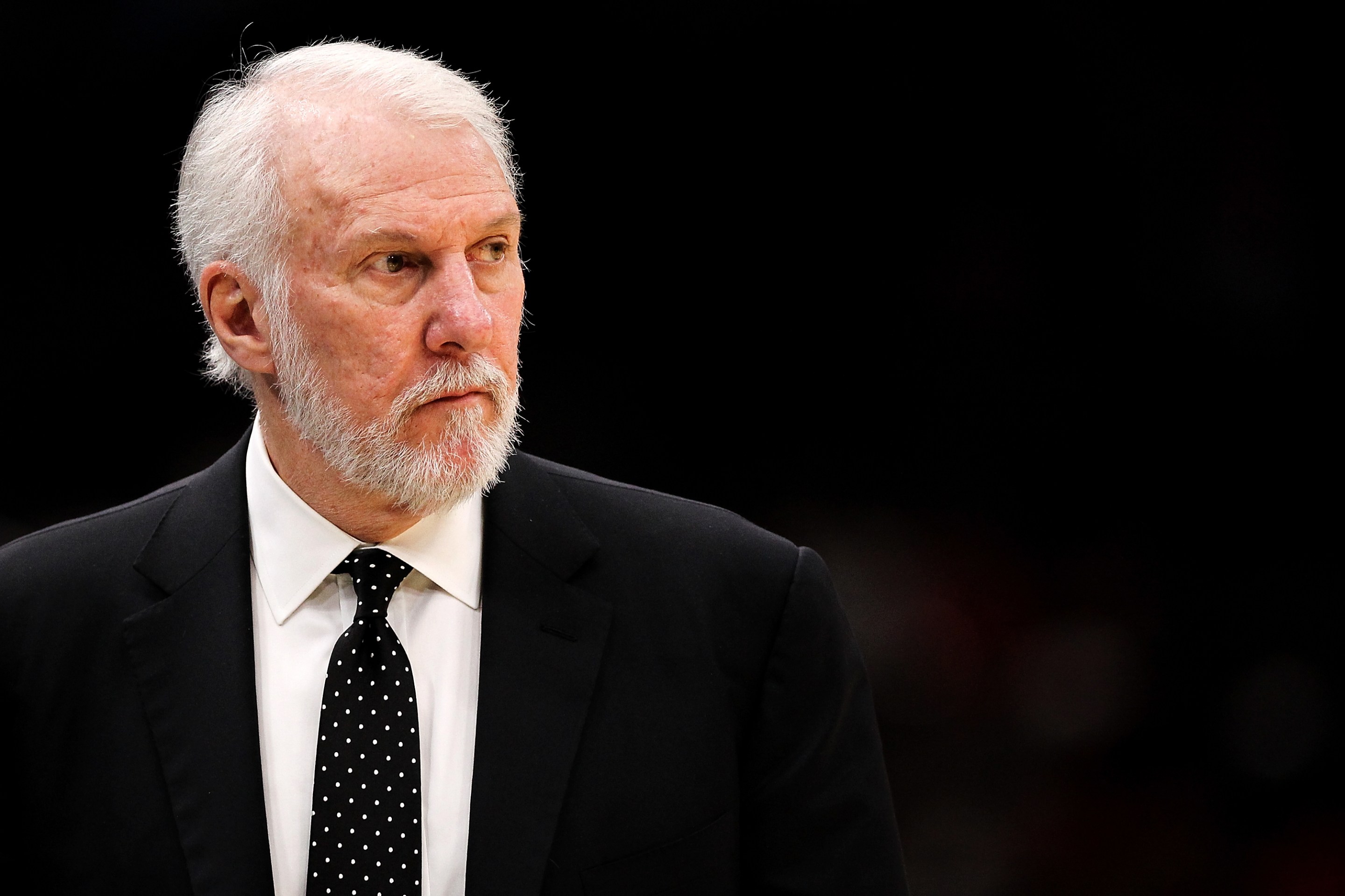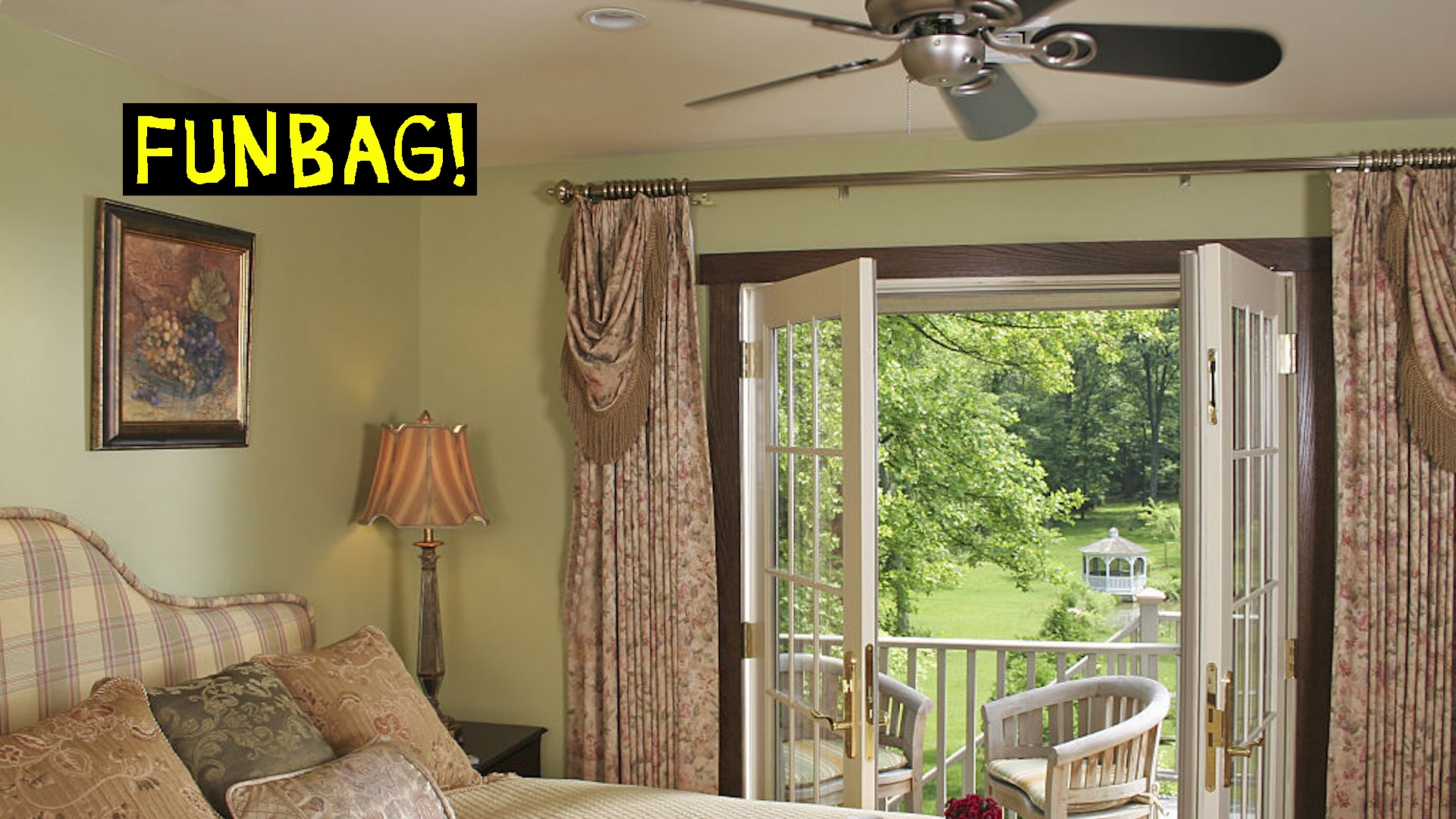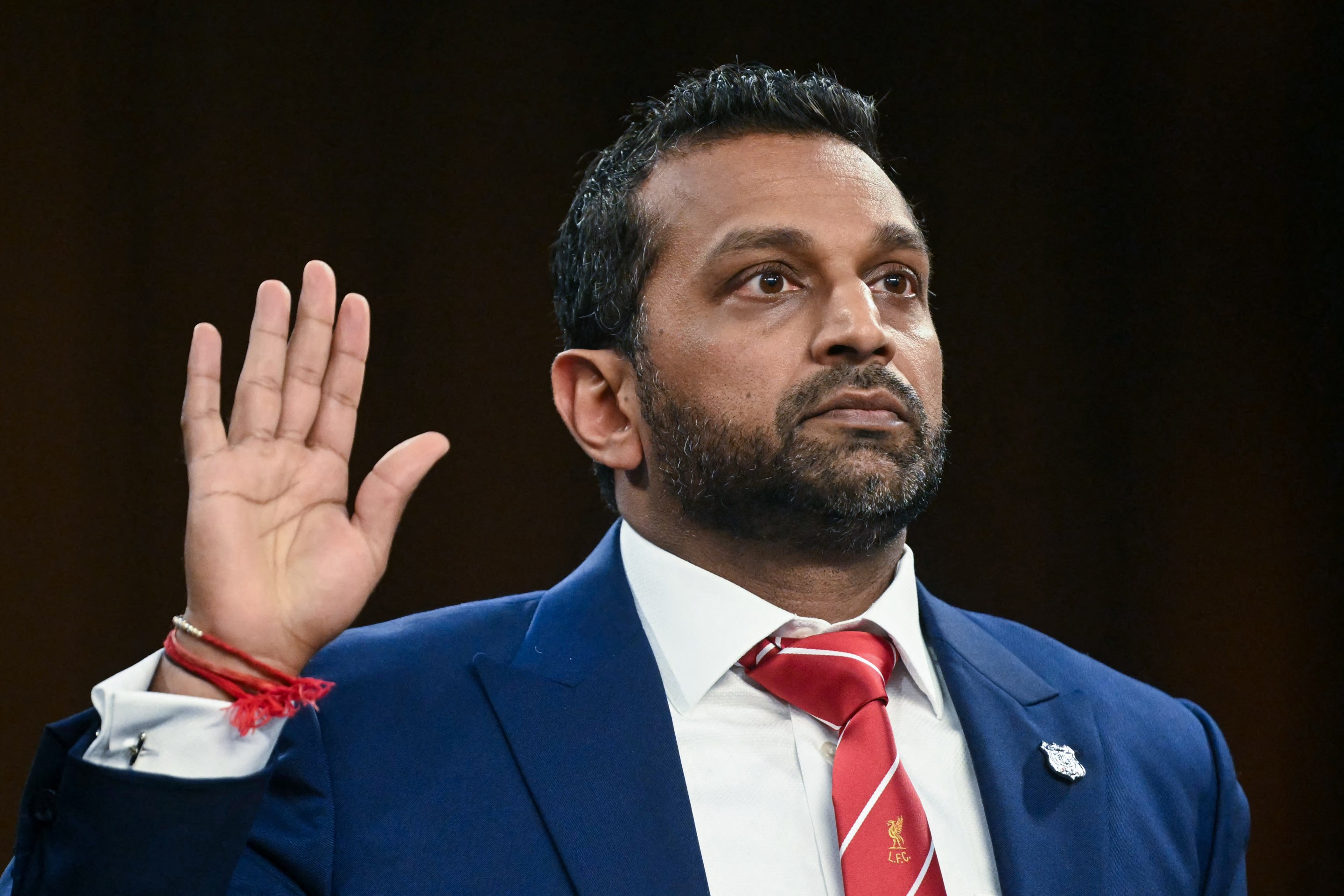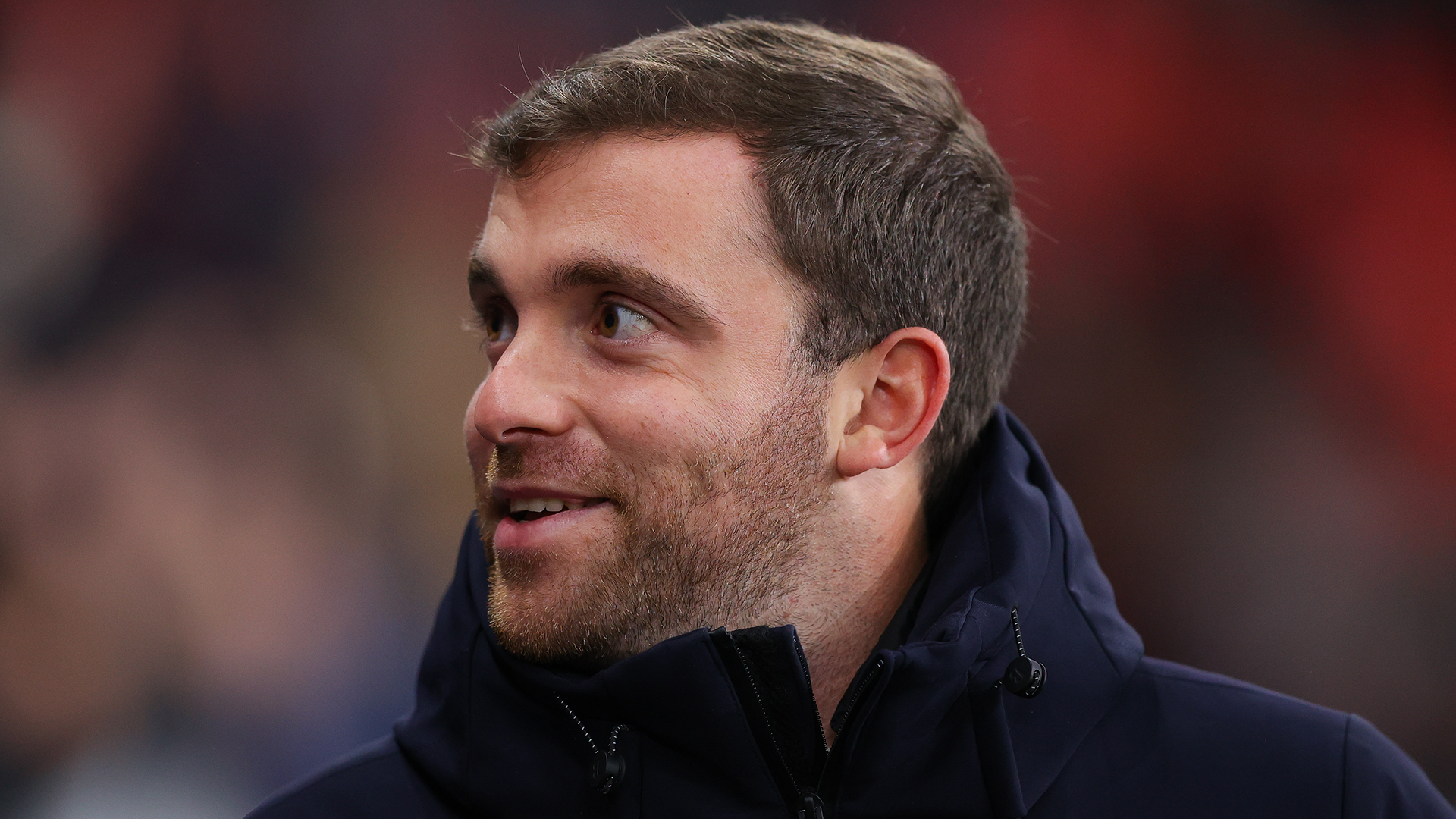The night your author got Popped came at the onset of an epic hangover nobody quite knew about yet. More specifically, it came early in the 2017 Western Conference Finals that elevated the Golden State Warriors and slowly but surely undid the San Antonio Spurs. Two days earlier, Kawhi Leonard had landed on Zaza Pachulia's foot on a shot in front of the San Antonio bench, ending his season and obliterating most of the next. That moment fundamentally changed the ensuing years of professional basketball more than any other player, team, or event. Nobody knew that then, of course, but it dawned on Gregg Popovich before it did for anyone except perhaps Leonard himself.
The Spurs, who were up 76-55 in the third quarter of the game when Leonard got hurt, went on to lose it 113-111; they dropped Game 2 by the score of 136-100, and then lost the two after that. Until that moment the Spurs had been, in the previous 20 years under Popovich, demonstrably and by a wide margin the best team in the sport; since then, they are 25th.
But this isn't even about Leonard, or the Spurs. This is about Pop, and what happened two nights after that injury. The freshly outmanned Spurs were crushed by three dozen in that game, and it never felt any closer than that. Popovich walked into the interview room in no mood to explain the obvious. Enter Our Hero and your author, looking for a tag line to a story that the two teams had co-written two hours earlier.
Let us explain for the uninitiated that Popovich was and is a principled, righteous, and honorable fellow on most things not having to do with basketball. But when it comes to the performative aspects of media relations, his tolerance is minimal; he tended to red-light on this part of the job quickly. For years he made a vaudeville act out of abusing the late Craig Sager during in-game interviews, and those were when he was in a good mood. When it wasn't Sager or just when he wasn't feeling charitable, Pop could be and normally was curt and dismissive in those situations, which was because he found in-game interviews intrusive, annoying, and insulting to the profession—and in fairness to earnest toilers like ESPN's Lisa Salters, he pretty much remains three out of three there.
Pop could also be curt and dismissive in other media scrums as well. This was because—and you'll no doubt be surprised to learn this—he found many of those questions intrusive, annoying, insulting, and stupid. If he was giving up his time doing something obligatory and detestable, he wasn't going to waste it charitably on "Tell me how you felt when ..." and "How are you going to ..." questions. Deadline or no deadline, one did not simply say “Coach, talk about ...” to Gregg Popovich without blood spatter patterns on the back wall.
Which brings us back, yet again and finally, to Game 2, and its aftermath. Pop walked into the interview room the way a defendant does to a sentencing hearing, on time to do his duty to help explain the self-explanatory to people who already understood very well what they had just seen. After two flat questions and some awkward silences, Our Hero dropped this interrogatory gem:
"When did you know this game wasn't winnable?"
Not a devastatingly incisive question, but also not the worst ever, and one Pop could have answered with sardonic humor and pith if he so chose. "When we fell behind 5-0," "At the national anthem," "The middle of the third quarter the other night," or even "1993." It was an invitation to him to write a passably dramatic kicker to a game story for a game without drama. Pop declined that invite, because he was still furious about Pachulia's wayward foot (the NBA later created a rule about it as a result), and because his well-constructed team had just lost its previous 68 minutes of basketball by 59 points. He was too angry to be funny, at that moment, too pissed to pith, and he swatted the question away with sure contempt. "Are you asking me when I knew we were done? Are you asking me to psychoanalyze my feelings?" he said, more or less (we don't remember the words so much as we do the tone and the look; the footage suggests it felt longer than it actually was). After about a minute of him sarcasming through a response, he asked, "Did that answer your question?” and your author, stuck for a smarmier answer, said, “Yeah, that’ll do, thanks.” At that point he looked for someone smarter to ask him something better.
It wasn't a tirade, but it was unmistakably contemptuous, and maybe deservedly so. With hindsight, one could see his point, as it was the equivalent of asking someone who'd just been hit in the groin, "Which side did you feel first?" Nobody is very analytical when catching one junkward, let alone about the chronological fine points of the experience.
The session ended soon thereafter, and Our Hero walked out of the room taking brief inventory of his question and reconsidering the dynamics of our minimal prior relationship with Popovich, who was an assistant coach in Oakland under Don Nelson back in the days when keeping relations with the local media was more important. Popovich was perfectly charming and aware of the identities of every notebook jockey in every scrum back then, if not one to pry for inside stuff; he was, always, a military man with a firm sense of chain of command. Getting cuffed around by him wasn't going to make anyone's story back then, so it was essentially him using a foul on a poor shooter inside the last two minutes.
It was while walking toward the locker rooms in hopes of getting someone else to contextualize a three-dozen point defeat that we were grabbed and hugged from behind by a guffawing Pop. He clapped our chest and asked for a review of his performance: "How was that?" As we had surmised, he was giving some air time to his performative elf in that answer, to keep from getting fined or dropping F-bombs in front of TV cameras. The bear hug was his way of ... well, not apologizing as much as doing that laddy-bantering-in-the-bar humor thing. As such, all there was to do was to laugh with him and say, “Out-STAN-ding, one of your best. But I've been insulted way worse by way lousier people. You doing okay?" And he said, "I'm doing fine. See you back home." Two games later, he and the Spurs were done.
In summary, this was a pretty standard instance of Getting Popped, only more benign than most. It wasn't the rite of passage that it might have been for a greener combatant, or a profound moment of being blooded by an expert hunter; it in no way revealed something about the man's essential character, and was not remotely traumatic. It was just a drive-by on a lost evening, like hundreds of others he'd performed in his time, and nothing more. It was, taken altogether, more a "Hey, I had to blow my nose in your hair because people were looking, nothing personal" explanation than anything else. That part of the job also remains the reason why the best and most experienced coaches have well-developed acting skills for all occasions, and why everyone who can't master that art turns out to be kind of JJ Redick-y. Your hero also learned to be a bit warier of the interview room, the public slurry pit where the least substantive questions tend to get the most run. Popovich knew the score there, too.






